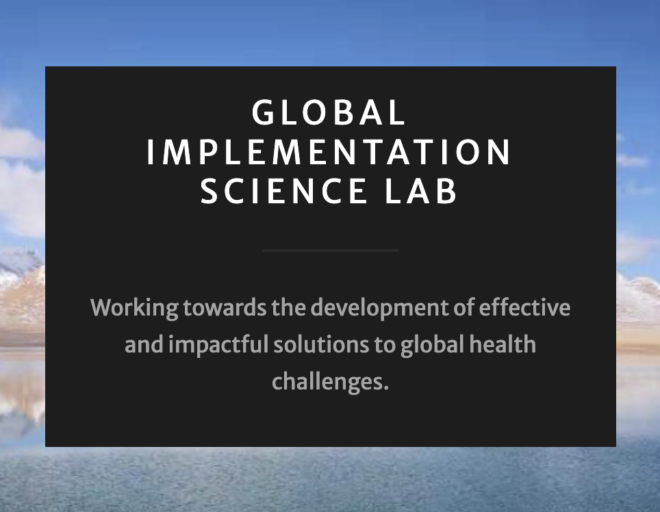
Implementing a Telemedicine and Remote-mentoring Platform to Provide Integrated Noncommunicable Disease and COVID- 19 Care in Primary Care Facilities in Rural Pakistan
This project aims to address the healthcare delivery and policy gaps at the primary health care level in designing and implementing integrated COVID-NCD care to patients with diabetes or hypertension in Pakistan.
Lead: Xiaolin Wei
Affiliates: Audrey Laporte

Developing Integrated Guidelines for Health Care Workers in Hospital and Primary Healthcare Facilities in Response to COVID-19 Pandemic in Low- and Middle-Income Countries (LMICs)
This study aims to develop an integrated plan for health care workers in low-and middle-income countries to respond to the COVID-19 pandemic.
Lead: Xiaolin Wei
Affiliates: Garry Aslanyan

Developing a Tool Kit to Build Vaccine Confidence and Ensure Equitable COVID-19 Vaccination Implementation Strategies in Low- and Middle-Income Countries (LMICs)
Guided by an implementation science approach and equity-focused framework, this toolkit identifies principles and develops guidance for vaccine delivery in low and middle income countries, working towards improved public confidence and greater equity in COVID-19 vaccination.
Lead: Xiaolin Wei
Affiliates: Garry Aslanyan
Prof.Xiaolin Wei is a tenured full professor at IHPME and the Dalla Lana Chair in Global Health Policy. He is an elected Fellow of Canadian Academy of Health Sciences, a Fellow of the Faculty of Public Health (FFPH), UK, and a Board of Directors at the International Union Against Tuberculosis and Lung Disease.
Prof. Wei is the DLSPH faculty co-lead of global implementation science cluster. He leads an international team in employing implementation science theories and frameworks to promote better public health and clinical interventions, including improving control of tuberculosis (TB), non-communicable diseases (NCDs, mainly diabetes and hypertension) and reducing overuse of antibiotics. His research has pioneered in quality improvement in primary care and leads to large scale up of interventions at the policy and population level in countries such as China, the Philippines, Sri Lanka, Pakistan, Nepal, Bangladesh, Uganda, Ghana, and Swaziland. He provides consultancy to the World Health Organization on a regular basis. He is also the Founder and Director of theGlobal Implementation Science Lab to develop effective and impactful solutions in response to global health challenges.
